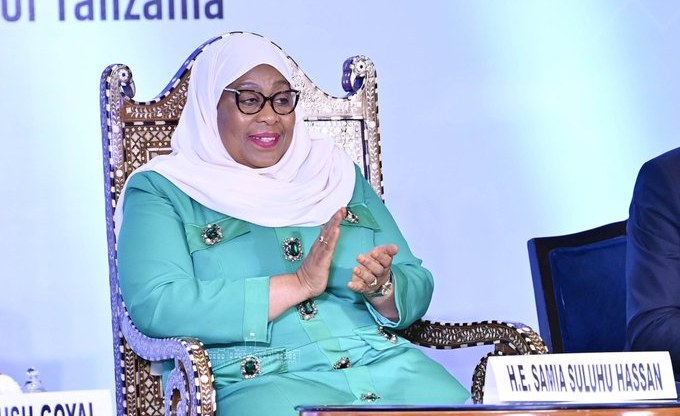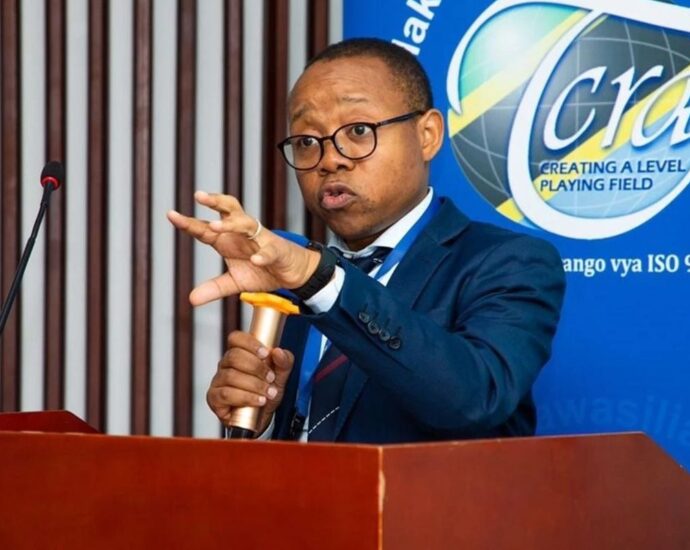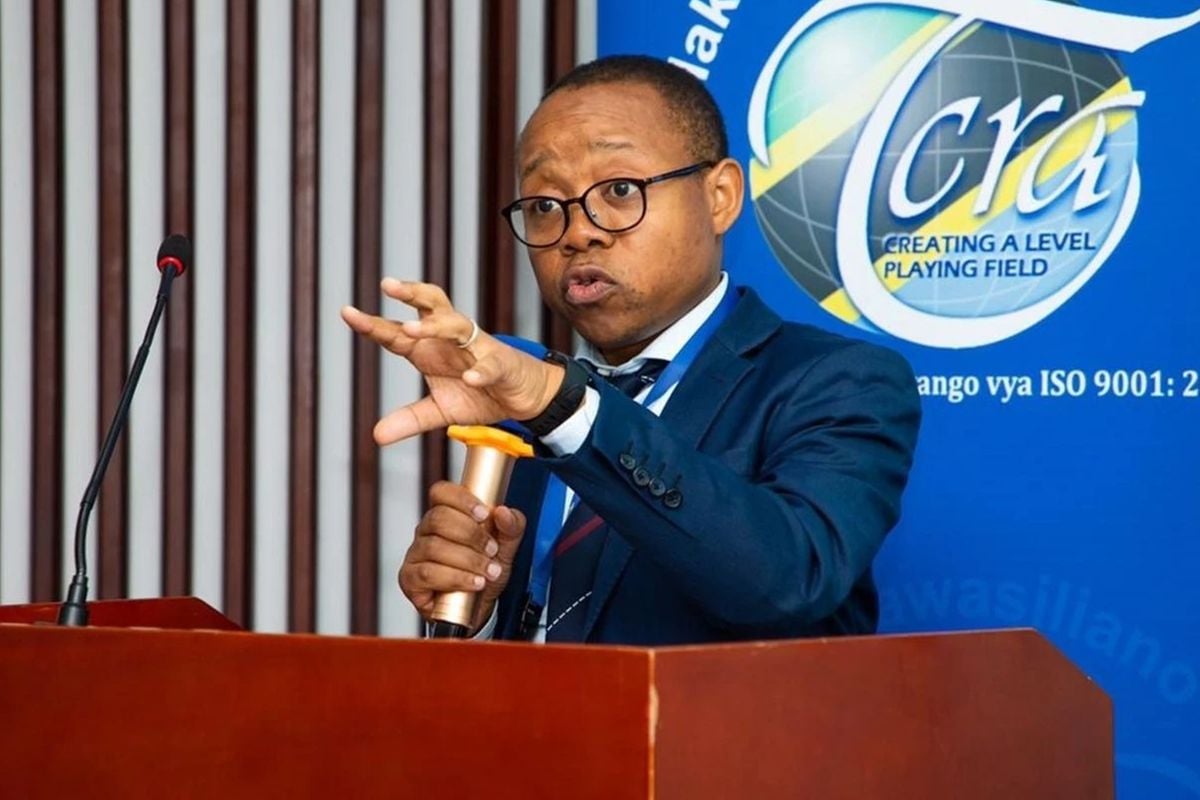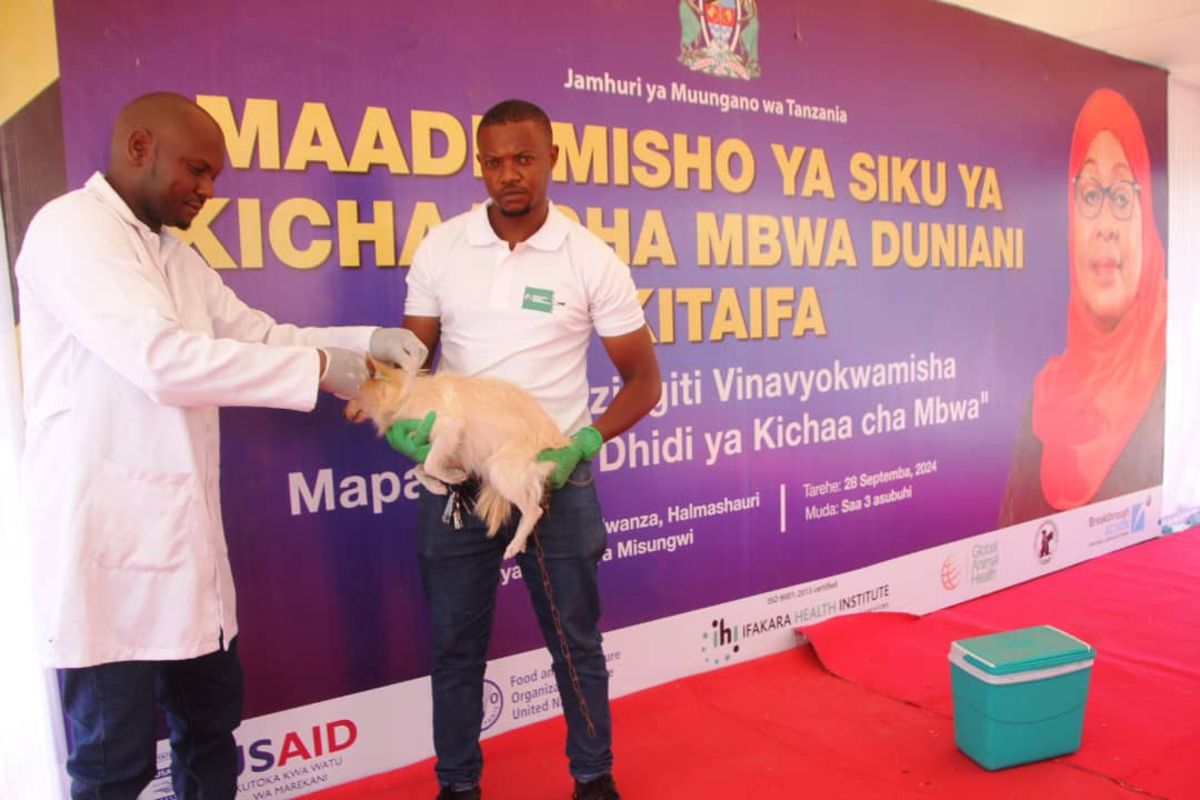Tanzania: Uncovering Shadows – Exposing Illicit Financial Flows in Tanzania’s Mining Sector
The mining sector has long been a cornerstone of Tanzania’s economy, significantly contributing to the nation’s Gross Domestic Product (GDP) and employment.
For example, the 2024/25 national budget states that in the year 2023, the mineral sector contribution to GDP rose to 9.0 percent from 7.3 percent in 2021.
At the same time, the Ministry of Minerals also indicate that by March 2024, the mining sector had created approximately 19,356 jobs in larger scale mining, with 97 percent of these jobs going to Tanzanians. This equates to 18,853 jobs for Tanzanians and 505 jobs for foreigners.
However, beneath the surface of this vital industry lies a troubling reality: the persistent issue of Illicit Financial Flows (IFFs).
Here, literature defines IFFs as cross-border movements of illegally earned, transferred, or utilized financial capital that deprive countries of essential resources, undermining development and the well-being of citizens.
IFFs exist in Tanzania’s mining sector, with a good example being the seized 15.78 kilogrammes of gold that was smuggled at the Dar es Salaam Port, last month, valued at approximately 3.4bn/-.
In Tanzania’s mining sector, the mechanisms behind IFFs are complex and deeply entrenched. One prevalent tactic is mis-invoicing, where investors either underreport the value of exported goods or overstate the cost of imported goods, thereby siphoning off profits and evading taxes.
This practice is particularly common in the mining, oil, and gas industries, where the high value of commodities makes them susceptible to manipulation.
Another common method involves using complex corporate structures, shell companies, and tax havens to obscure the true ownership and origins of wealth.
By exploiting loopholes and regulatory gaps, both domestic and multinational companies operating in the mining sector can shift profits to low-tax jurisdictions, depriving Tanzania of vital revenue.
The Tanzanian government has also identified transfer pricing–where parent companies charge their subsidiaries inflated prices for goods and services–as a significant contributor to IFFs. This practice effectively shifts profits out of Tanzania, reducing the tax base and limiting the government’s ability to fund essential development initiatives.
From a regional perspective, the problem of IFFs is not unique to Tanzania; it is a widespread challenge across the African continent. In neighbouring countries, similar patterns have emerged.
For instance, in the Democratic Republic of the Congo (DRC), the mining sector has faced significant illicit outflows, with estimates suggesting that the country loses billions of dollars annually through various forms of mis-invoicing and tax avoidance.
In Kenya, the extractive industry also suffers from IFFs, with an estimated loss of USD 1.8 billion per year due to trade mis-invoicing alone. These practices hinder economic development and deprive local communities of the rightful benefits of their natural resources.
The consequences of IFFs in Tanzania’s extractive sector are far-reaching, impacting both local communities and the nation as a whole. At the community level, revenue losses deprive host regions of vital resources for infrastructure, healthcare, and education, perpetuating cycles of poverty and underdevelopment.
The impact of IFFs on Tanzania’s economy is illustrated by examining key economic indicators over the past decade. Tanzania’s GDP growth rate has fluctuated significantly, reflecting the volatility introduced by IFFs.
ALSO READ: Local content realised in mining sector
According to World Bank data from 2021, the GDP growth rate peaked at 7.0 percent in 2013 but has since declined, reaching a low of 4.8 percent. This downward trend suggests that IFFs have undermined the country’s economic stability and resilience, constraining its ability to maintain consistent, high-level growth.
Tanzania’s tax revenue as a percentage of GDP has remained relatively stagnant over the past decade, hovering around 12-14 percent.
This low tax-to-GDP ratio is a direct consequence of the erosion of the country’s tax base due to IFFs, as companies and individuals engage in various forms of tax evasion and avoidance. The inability to mobilize sufficient domestic resources has limited the government’s capacity to invest in critical public services and development initiatives.
Dr. John Euseby, an economist at the Institute of Finance Management (IFM) Mwanza Campus, supports the literature by stating that tax evasion fuels IFFs. According to his experience, many investors seek profits beyond average expectations, which drives tax avoidance in Tanzania’s mining sector. Consequently, many investors view corporate tax, as well as loyalty and corporate social responsibility requirements, as burdensome.
Furthermore, a lack of geological data exacerbates IFFs. Artisanal and small-scale miners (ASMs) often take months to secure minerals, and when they finally obtain these resources, the levies and taxes they face differ significantly from their investments in time, money, and energy, hence, tax avoidance.
Dr. Euseby notes that: – “Geological data is of utmost importance to indicate mining claims full of minerals. This will help the miners to have what they seek, in the targeted time- frame, and therefore see no reason for tax avoidance.”
Mr. Hassan Kulwa, an ASM and Deputy Information Officer for the Federation of Miners’ Associations of Tanzania (Femata), comments that IFFs in the mining sector are largely driven by the complex revenue collection systems.
This includes multiple taxes, as miners do pay on both raw and processed minerals, on top of levies they give to several government agencies, including the National Environment Management Council, Occupational Health and Safety Authority, and local councils.
Moreover, the government loses considerable revenue by excluding Minerals Associations from efforts to combat IFFs, even though these associations are well aware of traders buying minerals above international market prices.
“The business beyond the market price is a money laundering scheme conducted in haste. We, the associations, are well-positioned to tackle it since we are constantly on-site. Let the government make use of us” he explains.
Mr Francis Mihayo, the Assistant Commissioner for ASMs in the Ministry of Minerals, acknowledges that IFFs, particularly through mineral smuggling and tax evasion, are serious issues.
Historically, smuggling has been exacerbated by a lack of mineral markets near mining, with the government being installed at-least 100 as of now, country-wide, to fight such a challenge.
At the same time, he states that a task force is currently working at mining sites to track production levels and ensure that all consignments reach designated buying centers.
The stakeholders, including the Lecturer at the University of Dar es Salaam, Geography and Economic Department, Prof. Abel Kinyondo, say that despite the government efforts to combat IFFs, the Global Financial Integrity Organization states that Tanzania still loses approximately $3.5 billion, annually, following trade-based money laundering and IFFs.
And in East Africa, the loss is estimated to be $6bn/-, he said during the Journalists’ training on Domestic Resource Mobilization that was organized by the Policy Forum in Dodoma, recently.
In efforts to address the negative impacts of illicit financial flows (IFFs) in Tanzania, the stakeholders recommend, among others, the strengthening tax administration and enforcement, that it is imperative to invest in enhancing the capacity and resources of the Tanzania Revenue Authority (TRA).
This investment would help improve tax collection, auditing, and compliance monitoring. Additionally, robust transfer pricing regulations should be implemented and enforced effectively to prevent multinational corporations from engaging in profit shifting and tax avoidance.
Increasing transparency in the extractive industries by requiring comprehensive public disclosure of payments made by companies to the government is also crucial.
Source: allafrica.com





















